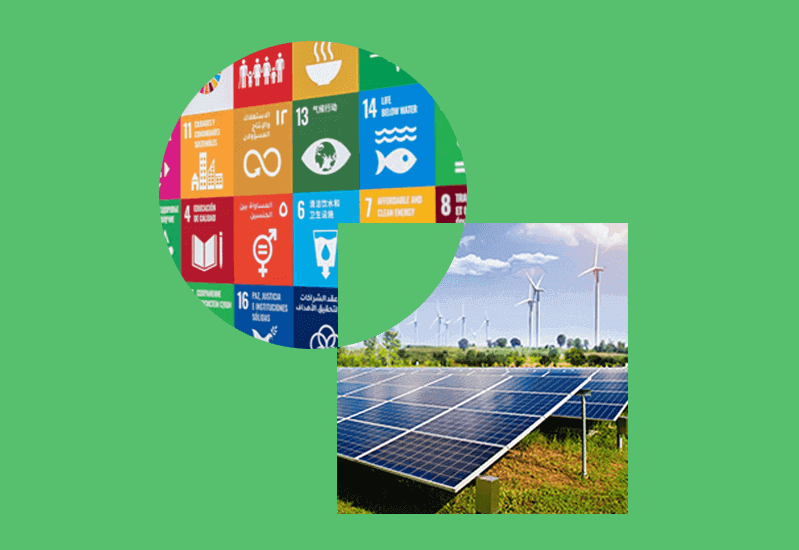Introduction
"The greatest threat to our planet is the belief that someone else will save it" Robert Swan, Author
This course, led by Professor Jennifer O'Brien, will equip you with the knowledge and skills needed to address The Sustainable Development Goals.
The Sustainable Development Goals (SDGs) are a call from the United Nations for all countries to tackle, by 2030, the global challenges faced by humanity. The SDGs cover a wide range of challenges, with 17 goals backed up by 169 targets. The goals include poverty, inequality, climate change, environmental degradation, and peace and justice. The SDGs are designed for everyone to play their part, including The University of Manchester and you, our students.
- Designed specifically for online learning offering a unique interactive experience.
- This unit is accessible to undergraduate students from all disciplines.
.jpg)
About
"We have 12 years to save the planet" - United Nations
If we are to successfully achieve the SDGs by 2030, then we need to be able to work across traditional disciplines and in more collaborative ways.
This unit presents the concept of sustainable development and explains the basis of partnership working that underpins the SDG approach. Each SDG is explored through its own module, drawing on cutting-edge research carried out by world-leading experts across The University of Manchester, together with input from external experts and international policy-makers and practitioners.
It offers a unique opportunity to engage with multiple real-world challenges and develop applied knowledge and skill-sets that are highly prized by employers from the public, private and third sectors.
Take a taster of this unit - giving you a short introduction to sustainability and the online learning environment for this unit.

Unit details
What should I know about this unit?
Creating a Sustainable World - 21st Century Challenges
Course Unit Code
UCIL20311
Course Unit Details
This unit has been designed specifically for online learning and offers a unique interactive experience.
TRY AN ONLINE UCIL UNIT TASTER
- Level 2
- 10 Credits
- School of Environment, Education and Development
The unit is led by Professor Jennifer O'Brien (School of Environment, Education and Development).
It features over 80 expert contributors including:
- Professor David Hulme (Global Development Institute)
- Khalid Malik (The United Nations)
- Professor Kevin Anderson (Tyndall Centre for Climate Change Research)
- Dr. Manisha Anatharaman (Saint Mary's College, California)
- Professor Amanda Bamford (Division of Evolution & Genomic Sciences)
- Carly Koinage (UN Habitat)
- Professor Susie Miles (Manchester Institute of Education)
- Professor James Evans (Geography)
- Professor Michael Shaver (Manchester School of Materials)
- Professor Paulo Bartolo (School of Engineering)
UCIL units are designed to be accessible to undergraduate students from all disciplines.
UCIL units are credit-bearing and it is not possible to audit UCIL units or take them for additional/extra credits. You must enrol following the standard procedure for your School when adding units outside of your home School.
If you are not sure if you are able to enrol on UCIL units you should contact your School Undergraduate office. You may wish to contact your programme director if your programme does not currently allow you to take a UCIL unit.
You can also contact the UCIL office if you have any questions.
How to enrol
UCIL units are designed to be accessible to undergraduate students from all disciplines. Depending on your School enrolment can be completed in one of two ways:
Enrolment using the Course Selection System
You may be able to enrol directly onto a UCIL unit using the Course Unit Enrolment System.
Enrolment via your School
If you cannot see the UCIL unit you wish to study or it is blocked out on the Course Unit Enrolment System you may need to request approval to study the unit directly from your School.
Please get in touch with the UCIL team at ucil@manchester.ac.uk if you have any questions.

